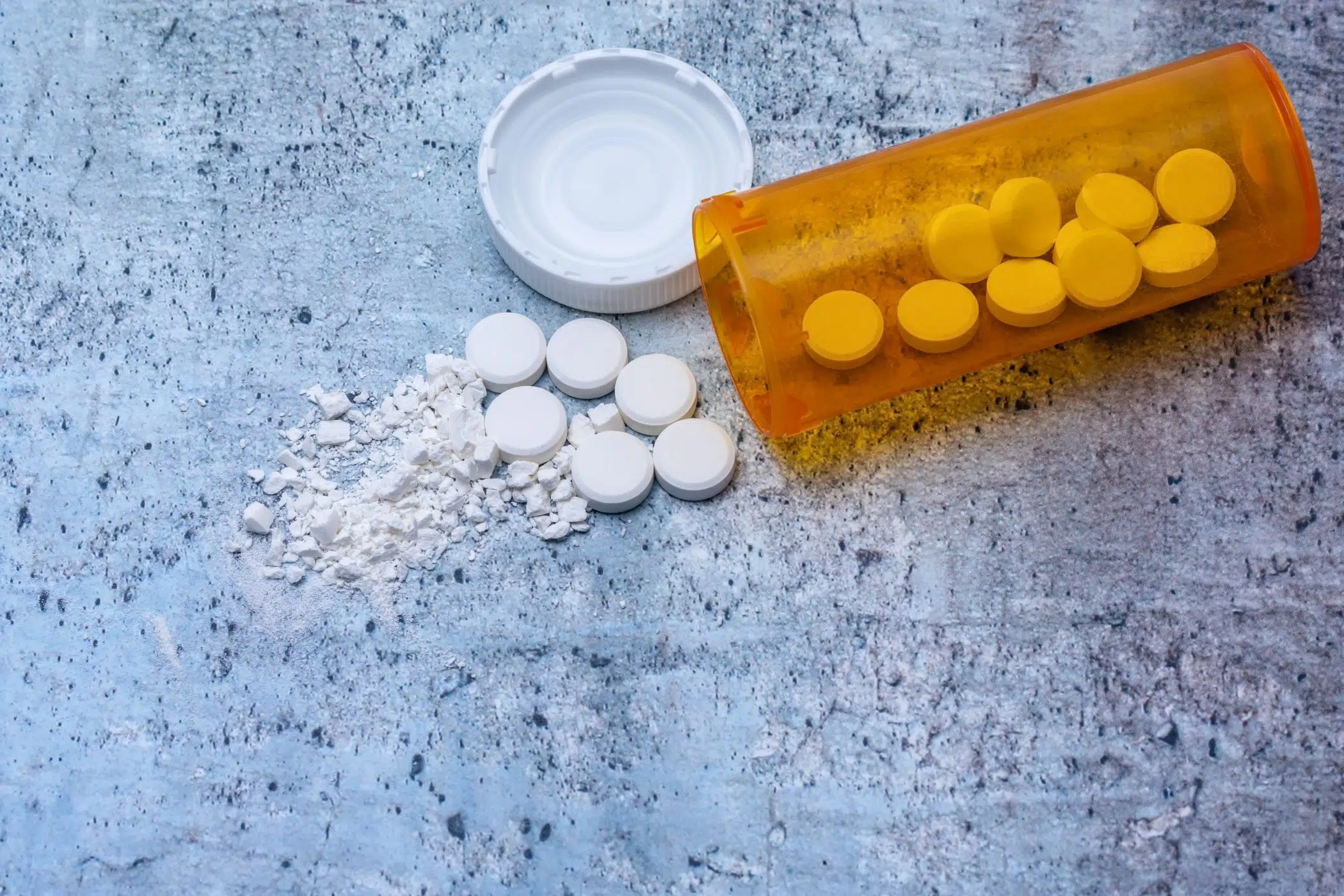 Vicodin is the name brand of the drug hydrocodone, a powerful opioid painkiller that has seen increased abuse and addiction in the United States. The drug creates such intense dependencies on the mind and body that withdrawal symptoms can be life-threatening if not treated correctly.
Vicodin is the name brand of the drug hydrocodone, a powerful opioid painkiller that has seen increased abuse and addiction in the United States. The drug creates such intense dependencies on the mind and body that withdrawal symptoms can be life-threatening if not treated correctly.
Because of the dangers of Vicodin abuse, it’s important to know what users experience so you can spot the signs and provide support when needed. Not every case of Vicodin abuse will look exactly the same but the common impacts of the drug will manifest in specific ways that can tip us off to its use.
The Progression of Vicodin Abuse
Like many fighting addiction to various opioid medications, Vicodin abuse often starts with a legitimate prescription to help with pain relating to surgery or injuries. If the patient is not correctly weaned off of the drug, they can experience withdrawal symptoms once they stop which lead to them illegally obtaining more of it and eventually forming an addiction.
The euphoric effects of painkillers that help patients get through recovery after an accident are the same effects that lead to recreational use. Individuals look to experience those same feelings and, over time, build up a tolerance requiring more and more of the substance.
This is a concerning progression as Vicodin is one of the most commonly overdosed drugs in the States. To help spot and stop Vicodin abuse, look for the following signs in someone you may suspect to be using the drug:
- Delayed responses to questions and other stimulus
- Disorientation
- Constipation
- Trouble staying awake
- Impaired judgment and critical thinking skills
How Long-Term Vicodin Abuse Manifests
Due to how impaired the mind becomes when taking Vicodin, even first-time users can face outcomes such as coma and death. As the body starts breathing more slowly, the brain begins to lack oxygen and can lead to permanent damage.
Vicodin is also a common gateway drug into heroin use as they achieve the same effects but heroin is often cheaper and easier to find compared to prescription drugs. This leads to social changes in the user such as self-isolation, loss of employment and strained relationships.
The more a user looks to achieve the same high as the first time they used Vicodin, the deeper they fall into the vicious cycle of abuse and addiction. Over time, all of their time, energy and money go towards acquiring more of the substance.
Long-term Vicodin users will even start having issues reproducing or maintaining strong libido. In cases where a mother is abusing Vicodin and gives birth, the baby can be born with physical conditions including trouble breathing.
What to Watch Out for Regarding Overdose
The range of how much of a specific substance causes overdose is wide so it’s vital to understand where Vicodin falls on that spectrum. The reason Vicodin is so commonly the drug behind overdosing is that there are actually two different drugs involved.
Vicodin overdose can be due to overdosing on the hydrocodone or the acetaminophen, commonly known as Tylenol. Toxic levels of these hydrocodone will cause the body to strain just to continue operating basic functions. Breathing becomes labored and blood pressure drops dangerously low. Users can then experience seizures ending in coma or even death.
Acetaminophen poisoning during an overdose looks a bit different. Individuals experiencing this form of overdose exhibit:
- Profuse sweating
- Loss of appetite
- Nausea and vomiting
- Liver failure
- Yellowing of the skin
When mixed with alcohol, these symptoms become more intense and can spiral out of control faster than help can be found.
Getting Help With Vicodin Abuse or Addiction
If you follow our blog regularly, you’ll know that withdrawal symptoms are one of the scariest parts of breaking away from drug addiction. Vicodin is on the more severe side of withdrawal symptoms meaning that medically assisted detox is recommended in any case of abuse.
Our team of compassionate addiction recovery professionals at America’s Rehab Campuses provide 24/7 supervision for those going through withdrawal, offering total support to make the experience as comfortable as possible.
We utilize the provision of medication to help reduce the severity of symptoms along with mental health professionals to guide individuals through the emotional side of withdrawals. In some cases, nausea and stomach issues can cause dehydration which is solved with an IV drip to make sure the body has what it needs to stay strong through the process.
Once detox is completed, individuals can look to participate in inpatient treatment where they remain at our facility until their treatment is complete or intensive outpatient treatment that lets them maintain their jobs and normal responsibilities during recovery.
Receive a confidential consultation for yourself or a loved one today with no obligation. A simple phone call can be the difference needed to achieve a life free of addiction.

